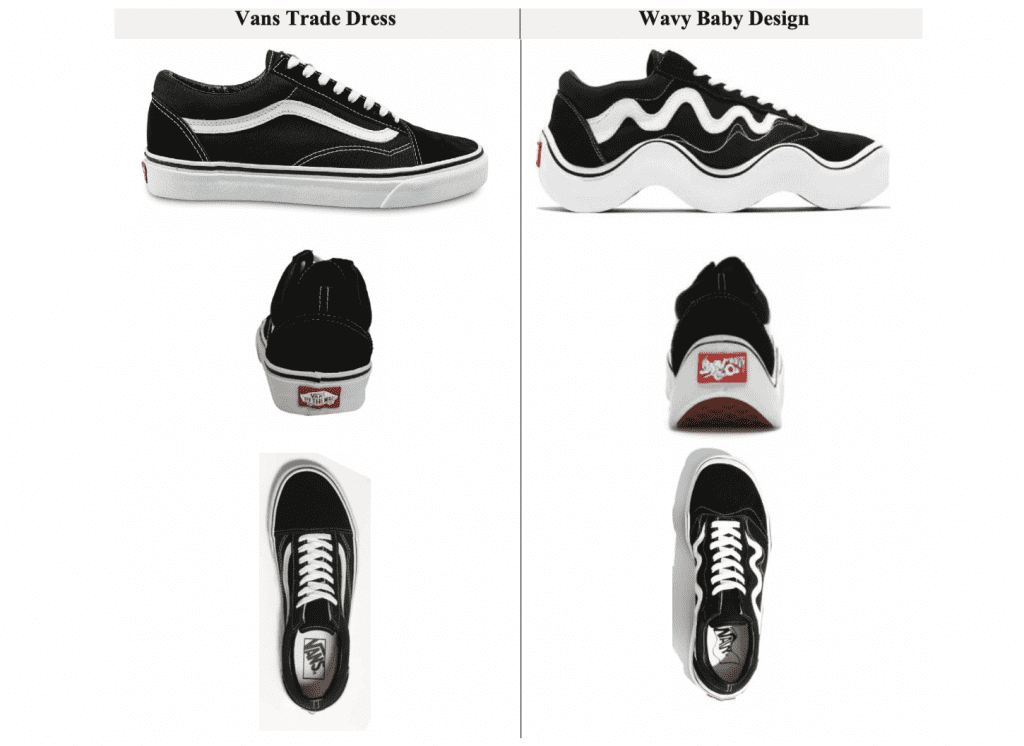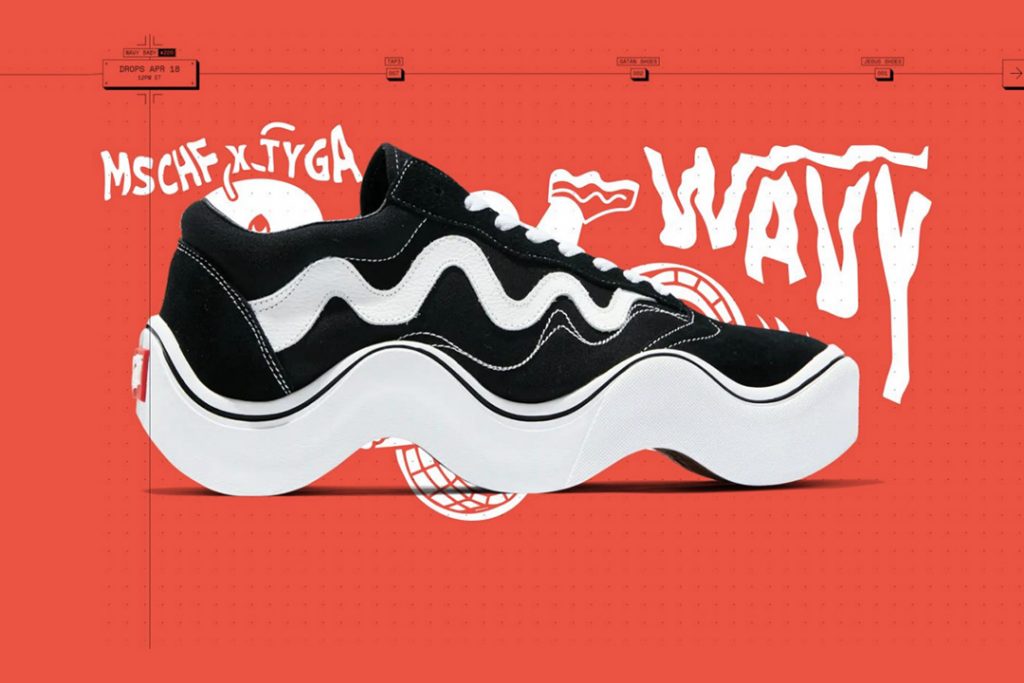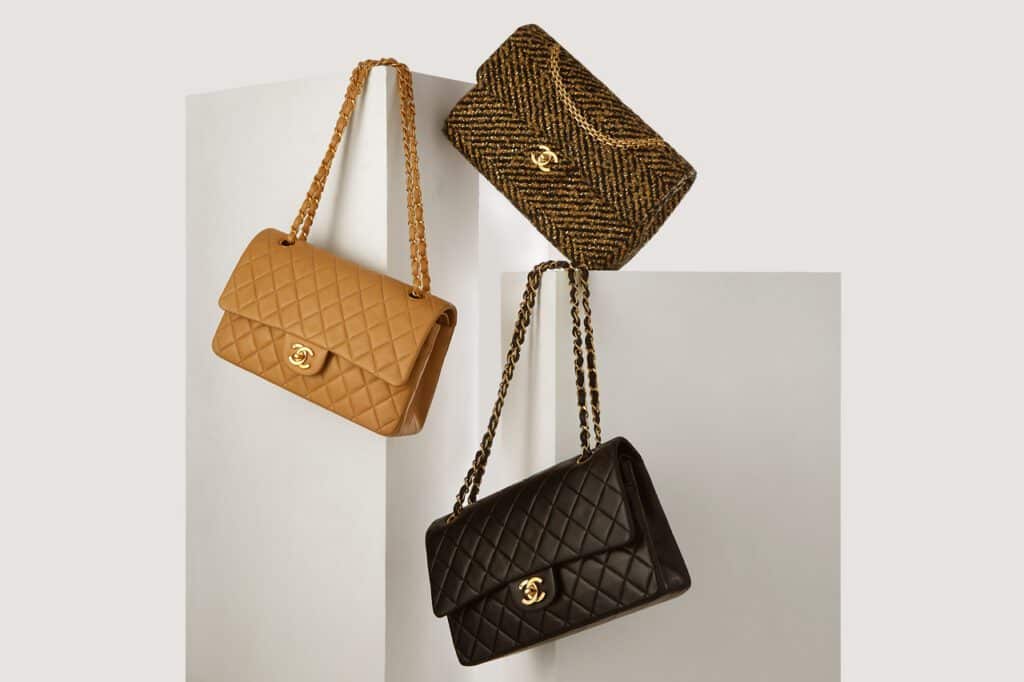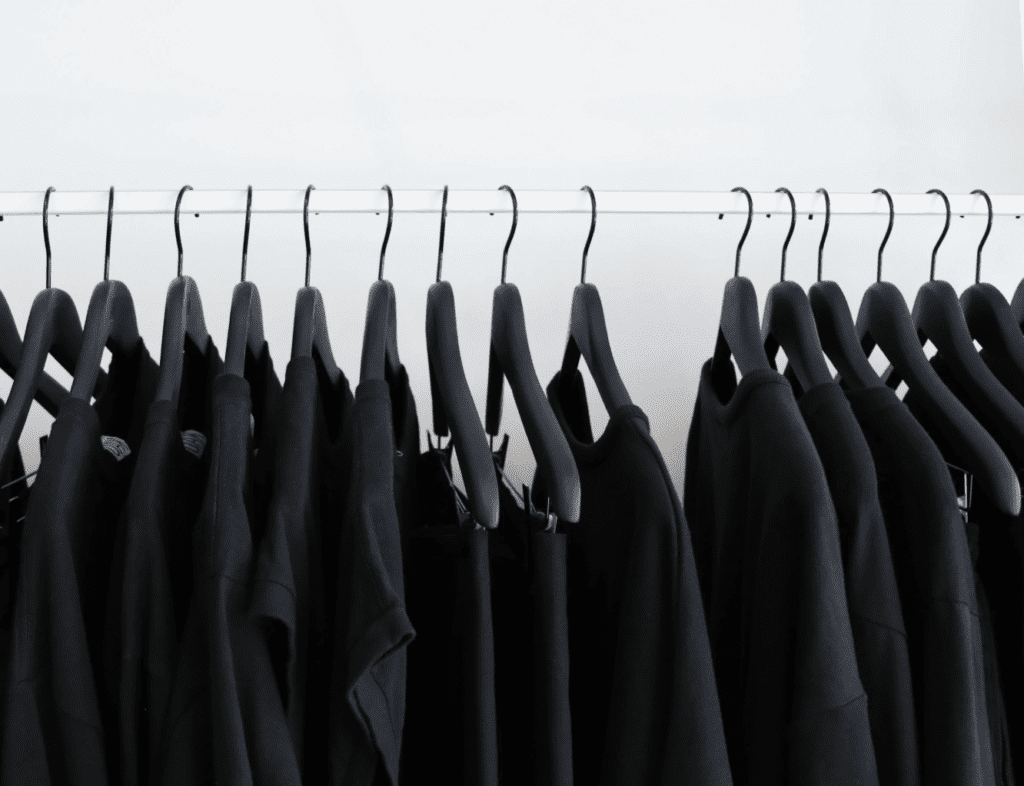MSCHF’s Wavy Baby sneakers are an example of a “cultural readymade, a mass-produced object modified to create expressive art,” and should be protected as such, the Brooklyn-based art collective-slash-sneaker brand(?) asserts in its latest response to the trademark lawsuit that Vans waged against it in April. In a newly-filed answer, complete with a number of affirmative defenses, MSCHF argues that despite Vans’ claims to the contrary, its offerings – including the Old Skool-inspired Wavy Baby sneakers – “are not mere consumer goods,” but instead, are part of a larger “series of expressive works using shoes as a medium for its art.”
“Although Vans may not appreciate MSCHF’s critique of its place in consumer culture or Vans’ participation in an increasingly digital world,” counsel for MSCHF asserts in a preliminary statement that the company’s Wavy Baby sneakers are “an expression protected by the First Amendment,” and thus, Vans’ trademark infringement claims not only “lack merit,” but also “fail to account for the expressive message and commentary encompassed in MSCHF’s Wavy Baby artwork.” According to a declaration from MSCHF founder and CEO Gabriel Whaley that was lodged with the court in April, that commentary comes in the form of MSCHF’s attempt to “challenge the sneakerhead culture Vans participates in, question consumerism, and confront the tension between a virtual and digital world” with the sneakers that swiftly sold out this spring.
Against this background and echoing the arguments that it made in response to Vans’ motion for a temporary restraining order and preliminary injunction, MSCHF alleges that it is shielded from Van’s trademark claims by way of affirmative defenses, including protection under the First Amendment. Citing the U.S. Court of Appeals’ decision in Rogers v. Grimaldi, MSCHF claims that its Wavy Baby project “references Vans’ trademarks and trade dress in an artistic work in a manner that has artistic relevance to the work without being explicitly misleading.” More than that, MSCHF argues that the “Wavy Baby is a parody and therefore is not likely to cause confusion.”

Going beyond the arguments that it has previously made in the case, MSCHF also takes issue with the scope of Vans’ rights in the various trademarks that it cites in its complaint – namely, the trade dress in its Old Skool sneaker, including the side stripe trademark. MSCHF asserts that “Vans’ alleged trademarks and trade dress, to the extent they are valid and protectable, are weak and entitled to a narrow scope of protection,” which the Wavy Baby sneakers presumably do not fall within. Specifically, MSCHF claims that Vans has permitted: “(1) competitors’ skate shoes that closely resemble its alleged trade dress to flood the market; (2) numerous examples of footwear that contain the words ‘WAV’; and (3) the registration of many live trademarks containing ‘WAVE’ or ‘WAVY’ on the U.S. Patent and Trademark Office.” (MSCHF is seemingly arguing here that Vans has filed to police allegedly infringing uses of its marks, and as a result of such unauthorized uses, its marks and trade dress no longer function as indicators of a single source.)
Finally, and in a nod to the amicus brief that a number of trademark law professors – including Havard Law School professor Rebecca Tushnet, who is among the counsel representing Mason Rothschild in the MetaBirkins case – submitted with the court arguing that dilution causes of action amount to “content- and viewpoint-based protection for famous trademarks that is unrelated to protecting against deception,” MSCHF argues that Vans’ dilution claim is “unconstitutional and cannot provide Vans any form of relief.”
With the foregoing in mind, MSCHF urges the court to dismiss Vans’ complaint in its entirety and award it costs that it has incurred in connection with the suit, “including reasonable attorneys’ fees and damages related to any injunction.”
MSCHF’s filing comes on the heels of the Second Circuit agreeing last month to hear an expedited appeal to the preliminary injunction put in place by the the U.S. District Court for the Eastern District of New York.
The case is Vans, Inc. v. MSCHF Product Studio, Inc., 1:22-cv-02156 (EDNY).











